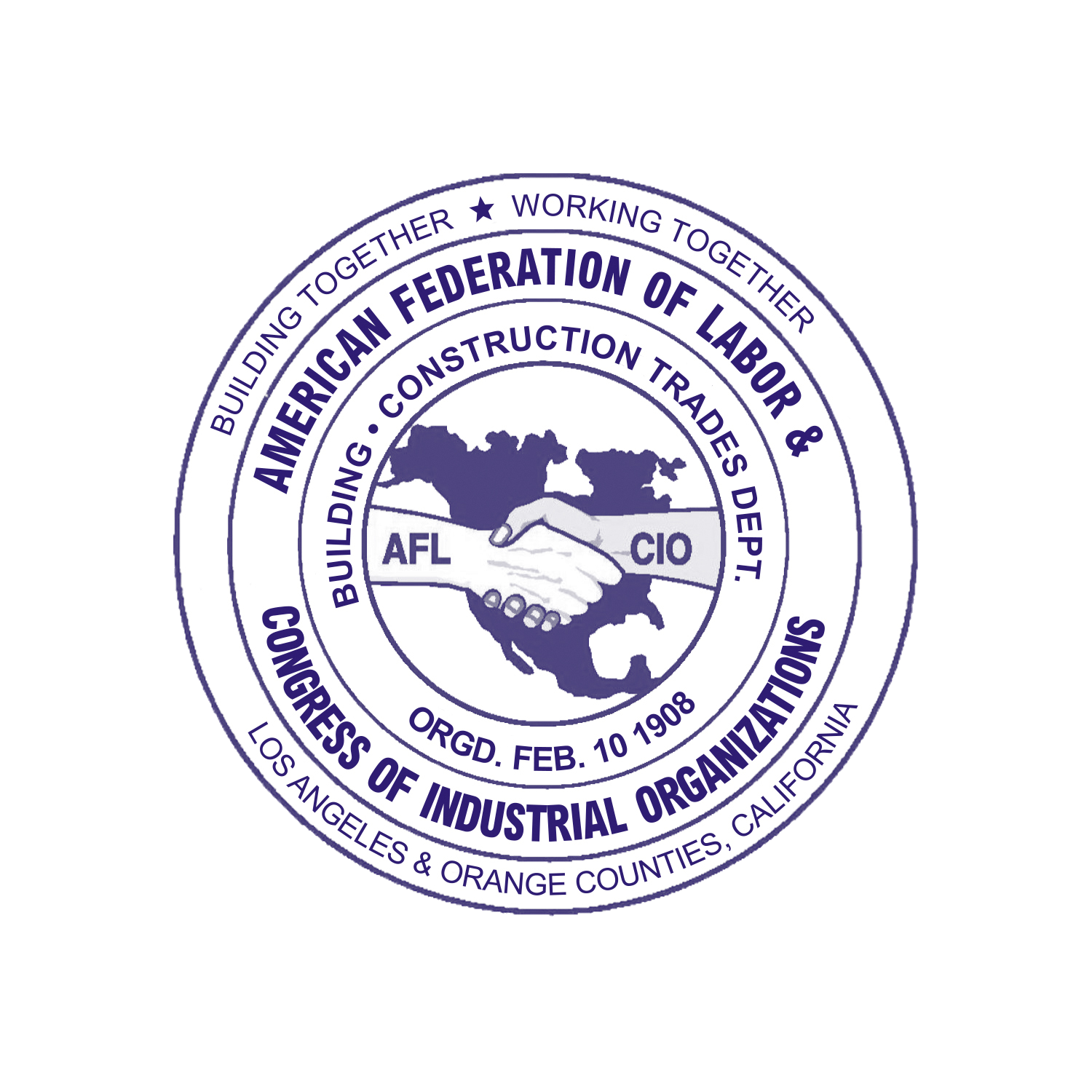LOS ANGELES—After years of recession, construction jobs are expected to start growing in a substantive way in the next few years. And with that being the case, the Building Trades and Los Angeles Urban League teamed up March 22 to get the word out about available careers in the union Building Trades.
For about four hours, job seekers were able to get information on careers in the Building Trades during a special kickoff event for the Urban League’s Construction Careers Information Center, or CCIC. It was held on the second level of the Baldwin Hills Crenshaw Plaza shopping center.
“This is what real partnership and progress looks like; the Urban League and Building Trades working together like this is critically important. This is how we put people to work,” Los Angeles Urban League President and CEO Nolan Rollins said. “We’re excited to partner with the Building Trades on this.”
Los Angeles/Orange Counties Building and Construction Trades Council Executive Secretary Ron Miller said the feeling was mutual.
“We’re very proud to have the partnership with the Urban League,” Miller said. “They gather up the community members that are looking for a career and they see which barriers they have to getting into our programs. They help knock the barriers down to make it easier for the young men and women from the community to get into our programs.”
$2 Billion Crenshaw/LAX Starts Now
Rollins predicted there would be heavy public investment in economic development over the next five to 20 years and that the CCIC was an effort to get in front of the upcoming job opportunities. One project starting now is the $2 billion Crenshaw/LAX light rail line for the Los Angeles County Metropolitan Transportation Authority.
“This is the day where we put a stake in the road and say, ‘This is where we begin to have a real conversation about how we’re going to economically develop Los Angeles County,’” Rollins said.
The CCIC kickoff event included more than a dozen information booths, many staffed by representatives of Building Trades unions, including from IBEW Local 11, Iron Workers Local 416, UA Local 78 Plumbers, Laborers Local 300, UA Local 250 Steam & Pipefitters and Sheet Metal Local 105.
“This is what we’re all about: strengthening and enlightening the lives of our community,” Stephen Shute, an organizer with UA Local 250, said of his local’s participation in the event. “It’s our joy to come out here. It’s all about qualifying people to get great careers.”
Another participant in the outreach was Metro, which had two booths set up to take questions from job seekers. Miriam Scott Long, a community outreach and information manager, said the CCIC could provide a great service.
“Crenshaw is in an area that’s in desperate need of work,” she said. “This is not about a job, it’s a career. If you get into one of the Trades—which is not easy—you have a career to support your family, to support your dreams.”
Part of the Community
Many of the Trades members working booths and giving out information to job seekers said they feel a special obligation to provide assistance to the community.
“Our local is part of the community and people within the community that live here also work in our local, so it’s only natural that we would be here,” Shomari Davis, a business representative with IBEW Local 11, said.
“It’s important for the Project Labor Agreements for us to be involved with the community and give these opportunities to people who live in the area,” said Armando Pena, apprenticeship coordinator with the SoCal Cement Masons Joint Apprenticeship and third-generation Cement Mason.
Erich Engler, a project manager with Walsh Shea Corridor Construction, general contractor for LAX/Crenshaw, said his company is participating in the CCIC in order to develop a workforce for the years to come.
“There’s a lot of work coming up and we want to make sure that the community has an opportunity to be a part of that,” Engler said.
One attendee at the event was Bernice Cobb, who said she was gathering job information for some of the men she works with at a sober living house. Becoming gainfully employed, she said, would go a long way toward helping them overcome their addictions.
“For a lot of these guys, work is therapy,” she said. “If they can just get a job, that’ll give them a reason to stay clean, it’ll give them a reason to stay off the street, it’ll give them a reason to change their life style.”







